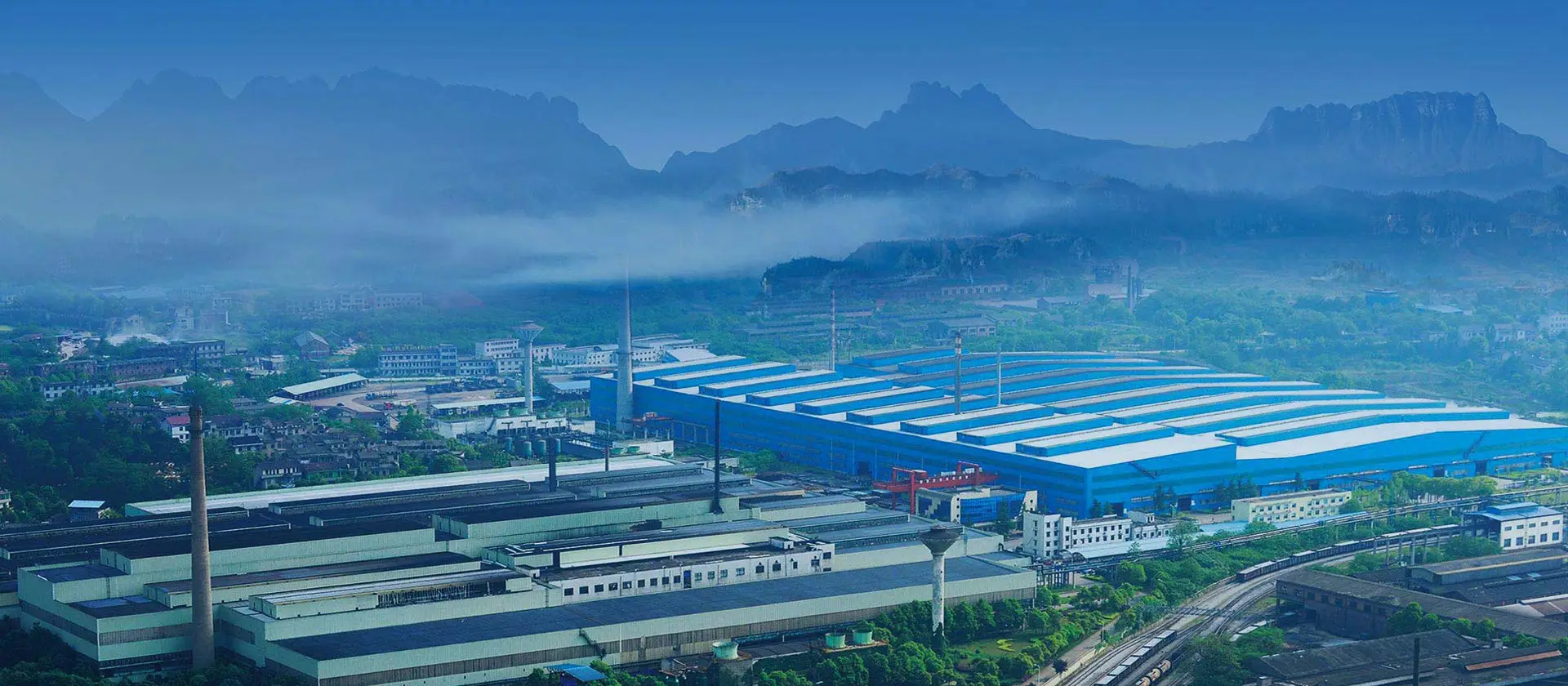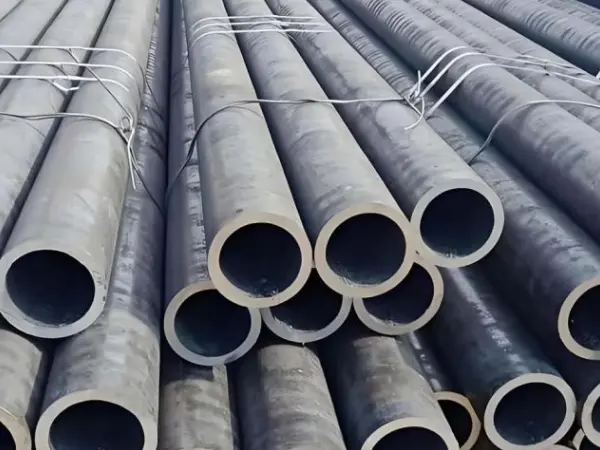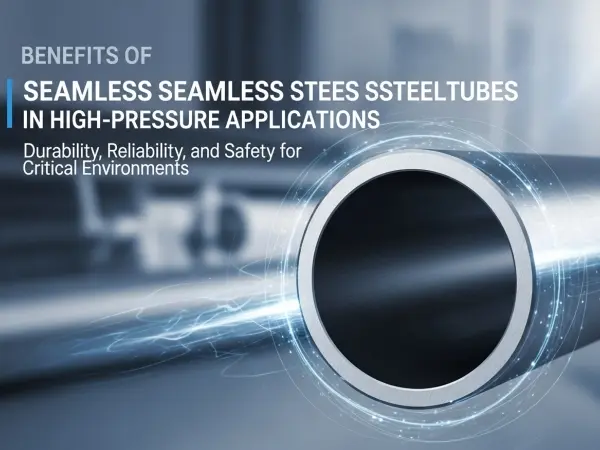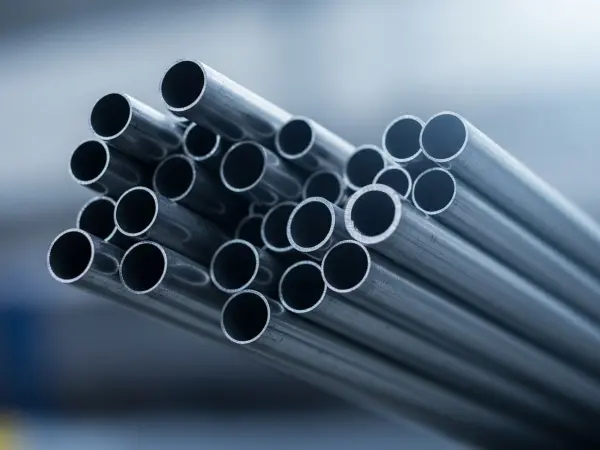
steel pipe is a widely used metal material, and its applications cover many different fields, such as construction, aerospace, automobile manufacturing, chemical industry and so on. in order to improve the strength and hardness of steel pipe, some special heat treatment and quenching techniques are widely used in the manufacturing process of steel pipe.
first of all, let's learn about the heat treatment technology of steel pipe. heat treatment is to change the microstructure and mechanical properties of steel pipe by heating and cooling. among the common heat treatment methods include annealing, normalizing, quenching and so on.
annealing is by heating the steel pipe to a certain temperature and keeping it for a certain period of time, so that its internal instability continues to disappear gradually, to achieve a certain softening effect. the purpose of annealing is to reduce the residual stress and improve the processing performance.
normalizing is to heat the steel pipe to a certain temperature and keep it for a certain period of time, and then cool it slowly. normalizing can improve the strength and toughness of the steel pipe, and increase its tensile strength and yield strength.
quenching is heating the steel pipe to a certain temperature and then cooling it rapidly. quenching can increase the hardness and brittleness of the steel pipe and improve its abrasion and corrosion resistance. common quenching methods include water quenching, oil quenching and gas quenching.
water quenching is the use of water cooling during the quenching process, which allows the steel pipe to cool down quickly and obtain higher hardness, but it is also prone to problems such as cracks and deformation.
oil quenching is slower than water quenching, but it can reduce problems such as deformation and cracks in steel pipes. oil quenching can also extend the service life of the steel pipe and improve its strength and wear properties.
gas quenching is a new type of quenching technology. unlike water quenching and oil quenching, gas quenching utilizes gas to heat and cool the steel pipe, which can result in a more uniform hardness and strength. in addition, gas quenching can also reduce the noise and environmental pollution in the quenching process, which has received more and more attention.
in conclusion, the heat treatment and quenching technology of steel pipe is crucial for improving its performance and quality. reasonable selection of heat treatment and quenching process can improve the mechanical properties of steel pipe, improve its wear resistance and corrosion resistance and other characteristics. although there are some differences between the different technical solutions, they all aim to make steel tubes more suitable for the needs of various industrial fields.


